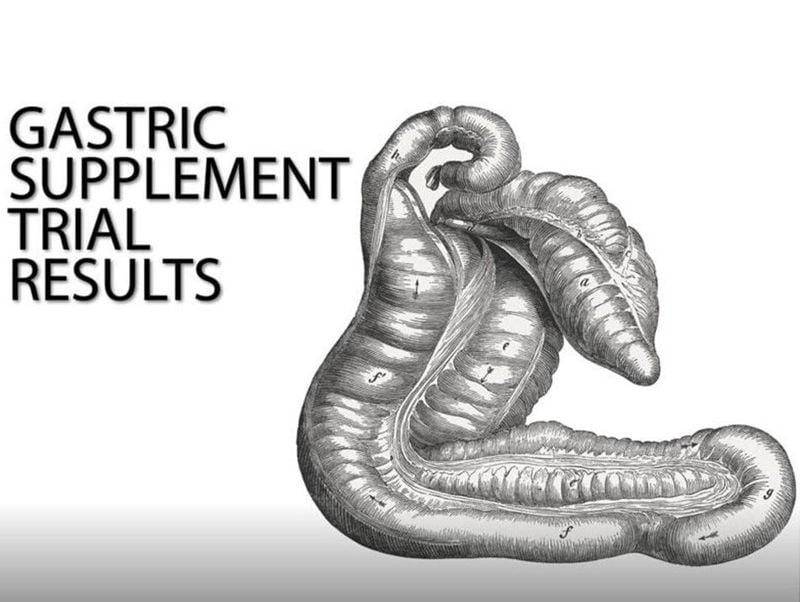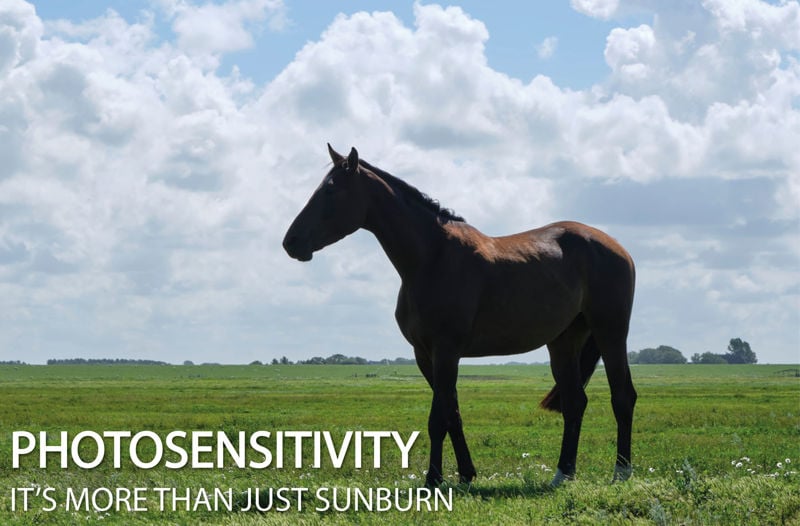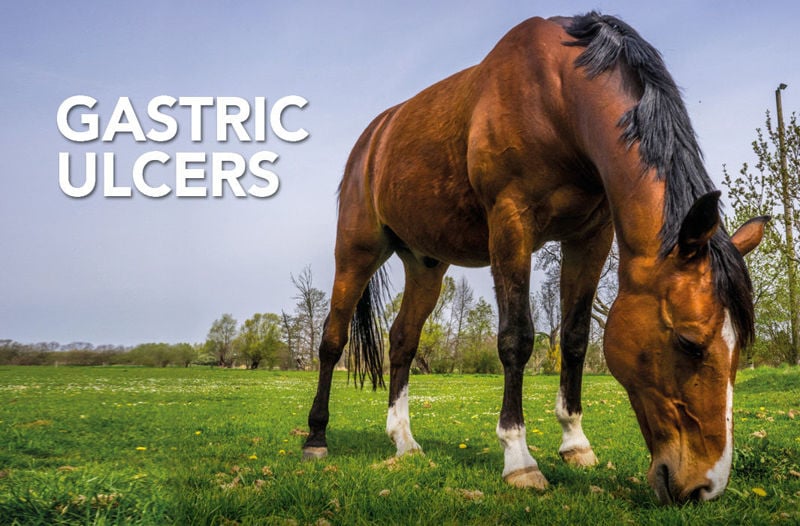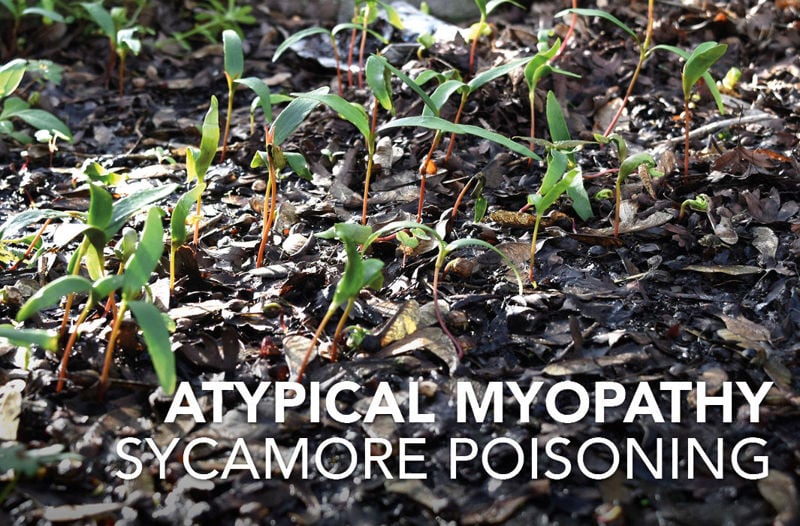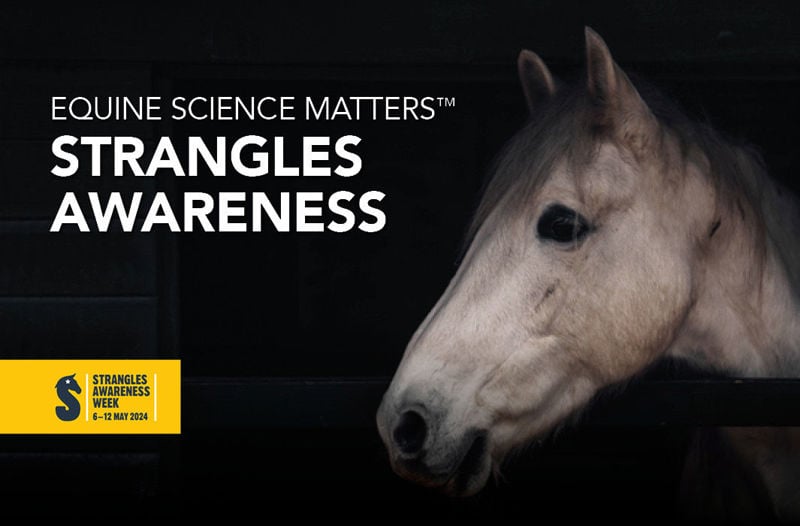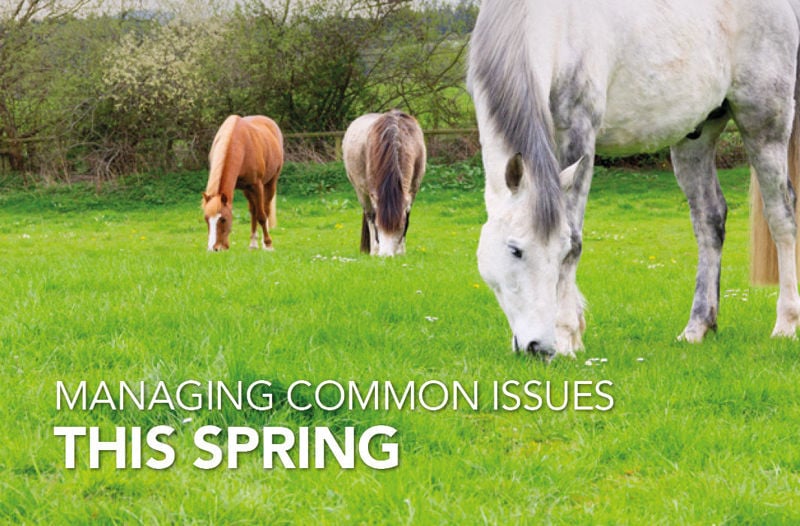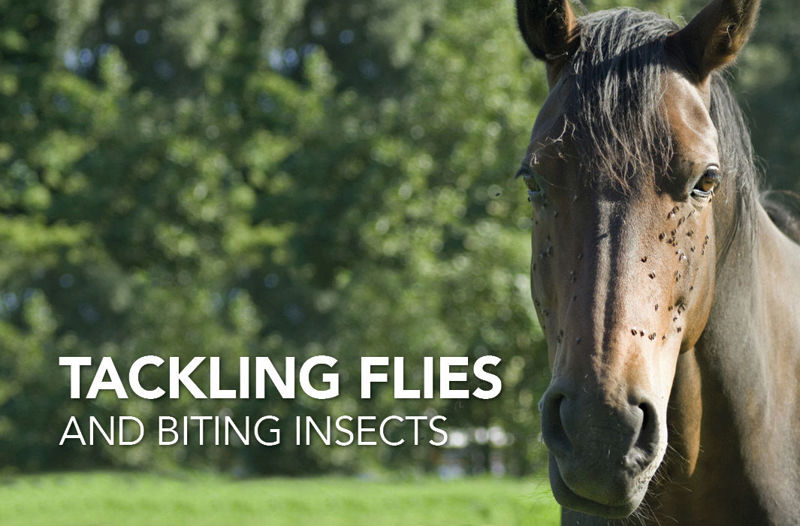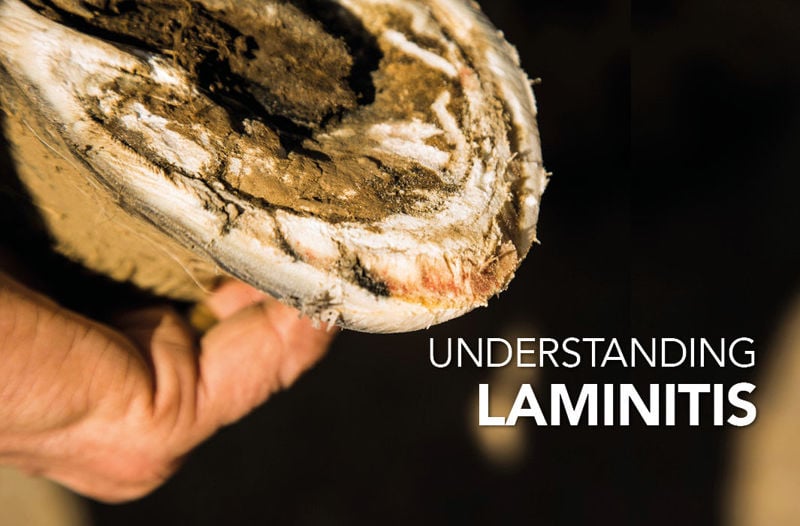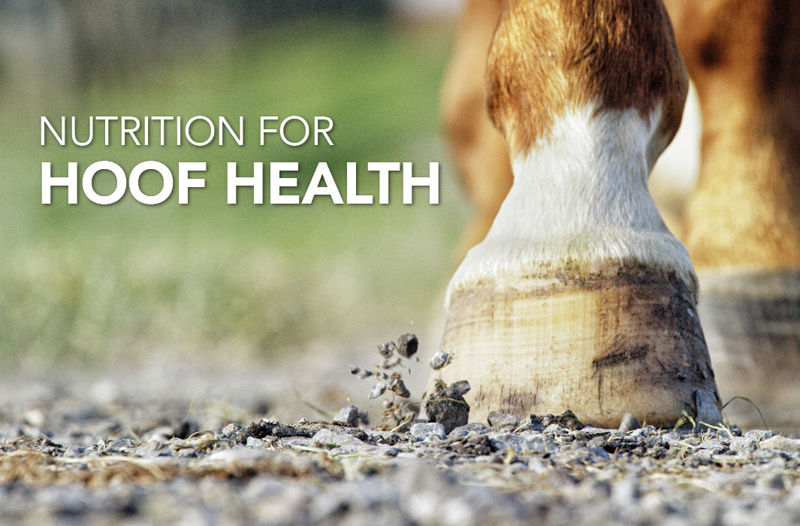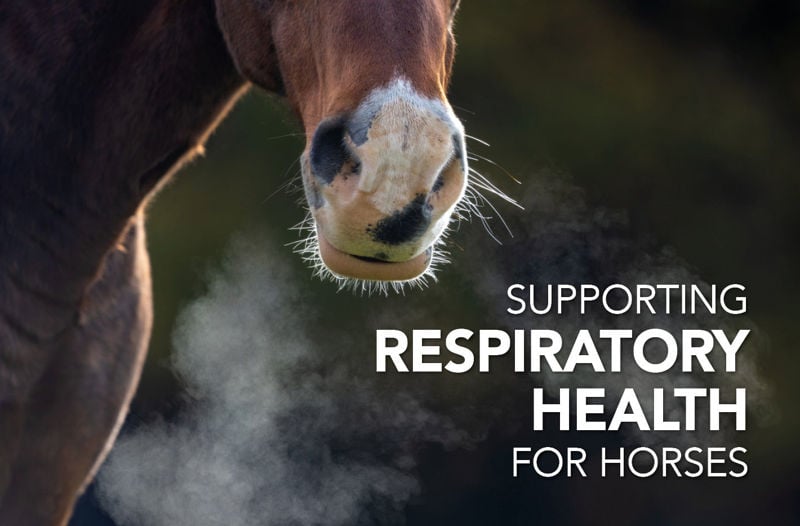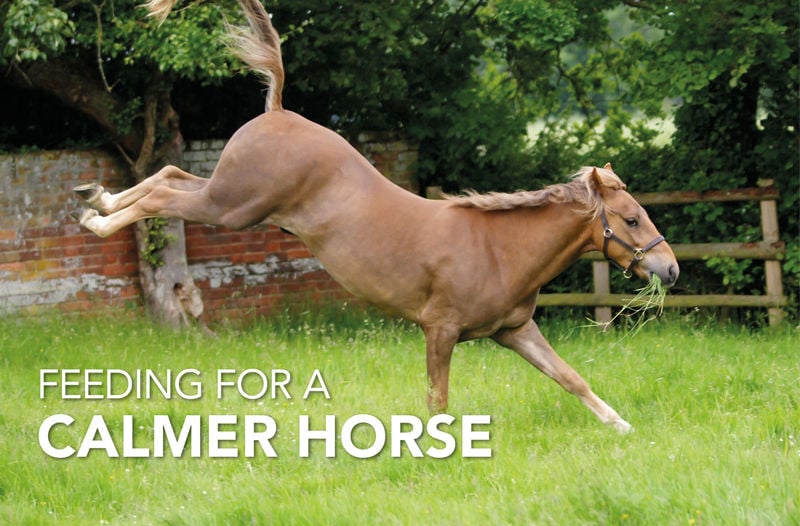Feedmark are continuously investing in new product development to ensure they can provide horse owners with the products and ingredients they want to feed to support their horse’s health. With digestive problems being the most frequently advised on issue, this gastric supplement trial was undertaken with the aim of identifying a supplement which could offer a high level of support for horses suffering from a range of digestive issues.
Filters
Blog Options
Blog archive
- 2024
- 2023
- 2022
- 2021
- 2020
- 2019
- 2018
- 2017
- 2016
- 2015
- 2014
Close
45 YEARS AT THE CENTRE OF EQUINE NUTRITION™

- Bespoke All-in-One™
-
Products
- Back
- Horse Joint Supplements
- Horse Digestion Supplements
- Horse Muscle Supplements
- Horse Vitamins & Minerals
- Horse Calming Supplements
-
Horse Respiratory Supplements
- Back
- Clarity®
- Horse Hoof Supplements
- Horse Skin & Coat Supplements
- Horse Health Supplements
- Supplements for Older Horses
-
Laminitis Supplements
- Back
- Prolamin™
- Horse Breeding Supplements
-
Horse Hormone Supplements
- Back
- Hormonease™
- Horse Treats
-
Herbs for Horses
- Back
- Boswellia
- Burdock Root
- Celery Seed
- Chamomile
- Chastetree Berry
- Cider Apple Vinegar
- Cinnamon
- Clivers
- Comfrey
- Dandelion Roots & Leaves
- Devil's Claw
- Echinacea
- Fenugreek Seeds
- Fussy Feeder
- Garlic Powder
- Hawthorn
- Hedge Herbs
- Liquorice
- Marigold Flowers
- Marshmallow Root
- Meadowsweet
- Milk Thistle Seeds
- Mint
- Nettle
- Rosehips
- Seaweed
- Slippery Elm
- Spirulina
- Turmeric
- Yucca
- Canine
- Your Rewards
- ABOUT US
- Contact Us
- Knowledge base
Menu
-
Products
- Back
- Horse Joint Supplements
- Horse Digestion Supplements
- Horse Muscle Supplements
- Horse Vitamins & Minerals
- Horse Calming Supplements
-
Horse Respiratory Supplements
- Back
- Clarity®
- Horse Hoof Supplements
- Horse Skin & Coat Supplements
- Horse Health Supplements
- Supplements for Older Horses
-
Laminitis Supplements
- Back
- Prolamin™
- Horse Breeding Supplements
-
Horse Hormone Supplements
- Back
- Hormonease™
- Horse Treats
-
Herbs for Horses
- Back
- Boswellia
- Burdock Root
- Celery Seed
- Chamomile
- Chastetree Berry
- Cider Apple Vinegar
- Cinnamon
- Clivers
- Comfrey
- Dandelion Roots & Leaves
- Devil's Claw
- Echinacea
- Fenugreek Seeds
- Fussy Feeder
- Garlic Powder
- Hawthorn
- Hedge Herbs
- Liquorice
- Marigold Flowers
- Marshmallow Root
- Meadowsweet
- Milk Thistle Seeds
- Mint
- Nettle
- Rosehips
- Seaweed
- Slippery Elm
- Spirulina
- Turmeric
- Yucca
- Canine
- Your Rewards
- ABOUT US
- Contact Us
- Knowledge base
Dr. Stephanie Hyland BSc (Hons)
 Please call Stephanie Hyland MSc. RNutr. on 0800 585525
Please call Stephanie Hyland MSc. RNutr. on 0800 585525
for qualified nutrition advice.
 Please call Stephanie Hyland MSc. RNutr. on 0800 585525
Please call Stephanie Hyland MSc. RNutr. on 0800 585525 for qualified nutrition advice.
Blog
With summer just around the corner, we are all hoping for some sunshine and warmer weather. For some horses, particularly those with pink skin or light-coloured hair, increased exposure to sunlight can risk sunburn and in particular individuals may also trigger Photosensitivity.
It is likely that for as long as horses have been around, so has Equine Gastric Ulcer Syndrome (EGUS). In this week's Equine Science Matters™ we look at how you can tell if your horse is suffering from EGUS and what you can do about it.
Atypical myopathy is a severe and often fatal muscle disorder that affects grazing animals mainly in the Autumn, but also at other times of the year. In the second of our series about seasonal toxins, we take a look at the symptoms and causes.
Monday signals the start of Strangles Awareness Week (SAW) 6-12 May 2024, a global collaborative initiative aimed at preventing and managing Strangles - the most common infectious equine disease.
Do you use multiple supplements that need to be individually measured out, take up lots of space and need to be ordered each month? We take an in-depth look at the benefits of our Bespoke All-In-One™
With spring finally here, horse owners can now begin to tackle the challenges that the warmer weather and increased grass growth brings. Our nutritionist explains how to help your horse overcome common spring conditions.
If you have horses, you will have flies so preparation for the fly season is vital. Stephanie Hyland RNutr. MSc. takes a look at how you can tackle flies and biting insects holistically this summer.
Laminitis is now considered to be a syndrome associated with systemic disease (sepsis or endocrine disease) or altered weight bearing rather than being a disease itself. In this article Nicola Menzies-Gow discusses the types and symptoms of Laminitis.
Multiple factors influence the health and quality of our horse’s hooves, and as the old phrase goes “no hoof, no horse”. We look at the nutritional support that can benefit the hoof and how.
Being the third largest organ in the horse’s body, the horse’s lungs are uniquely designed to maximise airflow and oxygen uptake. Maintaining respiratory health for horses is crucial as even minor respiratory issues can impact performance. Stephanie Hyland RNutr. MSc takes a look at equine lungs.
23
Feb
Is your horse spooky and often too fizzy? Our Nutritionist discusses important factors to consider when it comes to managing this behaviour and evaluating why it may be occurring…
Copyright © 2024 Feedmark Ltd. All rights reserved.
